
Asenath Barzani was born as a daughter of Samuel Ben Nathanel Halevi Barzani in 1590 AD in the Kurdish town of Mosul in Southern Kurdistan. Her father, Tannaim Samuel, became her teacher, he taught her Kabbalah and excused her from all the daily chores done usually by girls of her age. Asenath Barzani devoted her life to studying and remembering the Holy Word of God. Asenath was quoted by rabbi Tirsy Firestone in “The Restoration of Women’s Wisdom, page 112” “Never in my life did I make a step outside my home. I was King of Izrael’s daughter… I was educated by scholars. I was coddled by my deceased father. He gave me lessons about all the heavenly things. ”
Asenath married her cousin Jacob Ben Abraham. Her father guaranteed her devotion to religious work, so she was not distracted from her religious studies by usual household duties done by other women. She gave her husband, Jacob, two children – a son and a daughter. After her husband’s death, Asenath was the head of the Moses Yeshiva, teaching the Torah in Kurdistan until her son reached the appropriate age and became the head of the Yeshiva. Modern scholars consider her the first Jewish woman rabbi in southern Kurdistan because of her leading position in Yeshiva .
Asenath died in 1670 in the historic city of Amedi in Southern Kurdistan. Her grave used to be and still is a place of pilgrimage for the Jews up to now. Nowadays Asenath Barzani is not only considered the first Jewish rabbinical woman, but her story is the oldest record on the role of Kurdish women in history and is still kept alive in Israel, Kurdistan and the Jewish-Kurdish archives. Asenath Barzani has been showing the role of Kurdish women in society for centuries. Her story as a woman philosopher and theologian will be remembered by Kurdish and Jewish women not only in the present but also in the future generations.
Asenath Barzani was named Tanna’it. This denomination is a rabbinical title, but it is not identical to the title of rabbi. Since her father was labeled as such and not as a rabbi, it is clear that in Kurdistan of the sixteenth and seventeenth centuries the rabbi usually performed as Tannai (Tanna’it’s female form), so it was determined. It is therefore likely that Asenath Barzani was the first woman rabbi, while Regina Jonas (1902-1942) was the first woman who was called the Rabbi.
Ceska verze clanku je zde :https://uzunoglu.blog.idnes.cz/blog.aspx?c=471663

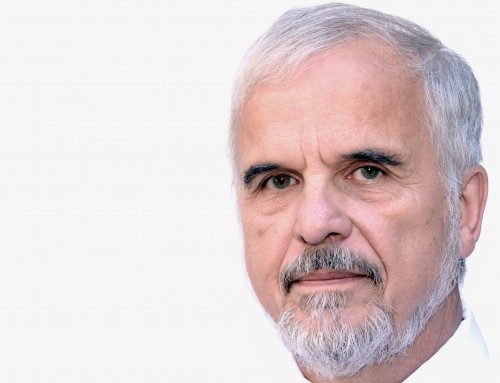
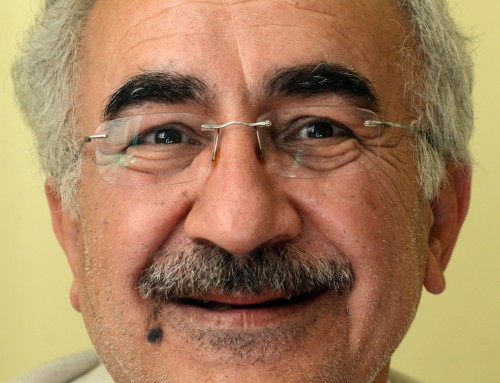
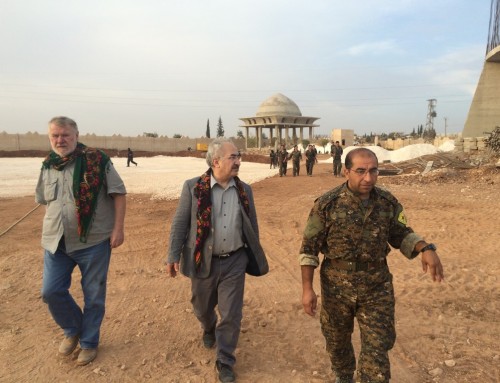
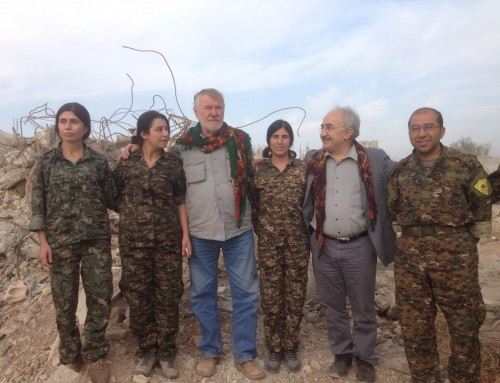
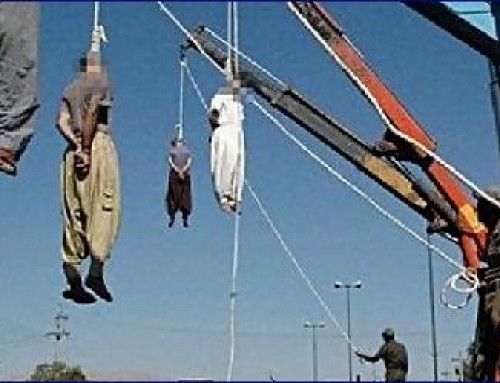
Leave A Comment